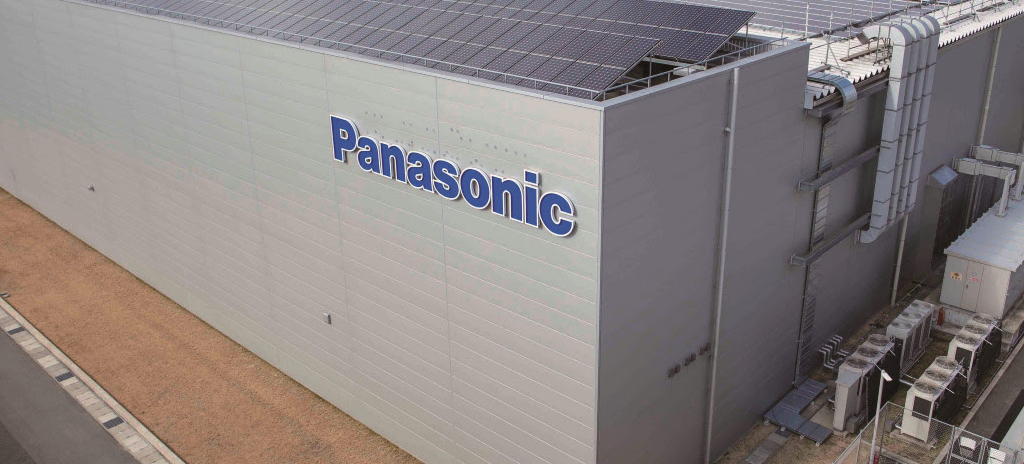Japan’s technology giant, Panasonic has confirmed in its financial results for the nine months ended December 31, 2017, that it is to begin selling solar cells individually over the course of the year, via the same sales channels used for conventional modules.
Panasonic also confirmed that the termination of module production at its Shiga plant near Kyoto, Japan, will commence by the end of March 2018.
Company spokesperson Masayo Fukudomi confirmed to pv magazine that Panasonic’s Oregon factory – which produces ingots – will close at the end of March, something first reported by pv magazine in September last year.
Some of the 92 staff employed at the site have already been laid off, and once the site closes, Panasonic will no longer produce ingots anywhere globally.
Panasonic’s solar cell production capacity in Japan stands at 1 GW, and in the U.S., the company is one of the largest cell manufacturers, employing more than 300 people at the Tesla/Panasonic gigafactory in Buffalo.
In Japan, Panasonic is focusing on the development of perovskite solar cells, Fukudomi confirmed, while the financial results revealed more details of the company’s partnership with Toyota – the two firms are poised to commence a feasibility study examining joint production of automotive prismatic batteries.
Toyota’s Prius model already runs on Panasonic batteries, but this strengthening of relations between the two companies is evidence of Panasonic’s continued shift towards placing EV batteries at the heart of its Eco Solutions division over the coming years, following year-on-year sales declines in the solar panel business.
That said, solar cell and module sales are likely to remain a key portion of Panasonic’s Eco Solutions business, particularly in Japan’s residential sector. In April, subsidiary PanaHome will be renamed Panasonic Homes, and Fukudomi told pv magazine that solar cells are vital to the company “because they are a key component in the realization of the smart home”.
Japan’s Ministry of Economy, Trade and Industry (METI) is pushing for the development of Zero Energy Homes (ZEHs) from 2019, offering sustainable sales channels for solar module and cell producers in Japan.
In terms of financials, Panasonic’s overall net profit increased 16.7% on last year’s Q3 results, with the Eco Solutions division enjoying a 19.5% sales increase, hitting JPY 416.7 billion ($3.8 billion).
This content is protected by copyright and may not be reused. If you want to cooperate with us and would like to reuse some of our content, please contact: editors@pv-magazine.com.



By submitting this form you agree to pv magazine using your data for the purposes of publishing your comment.
Your personal data will only be disclosed or otherwise transmitted to third parties for the purposes of spam filtering or if this is necessary for technical maintenance of the website. Any other transfer to third parties will not take place unless this is justified on the basis of applicable data protection regulations or if pv magazine is legally obliged to do so.
You may revoke this consent at any time with effect for the future, in which case your personal data will be deleted immediately. Otherwise, your data will be deleted if pv magazine has processed your request or the purpose of data storage is fulfilled.
Further information on data privacy can be found in our Data Protection Policy.